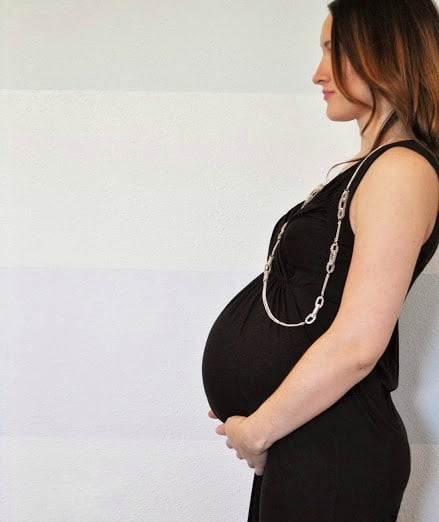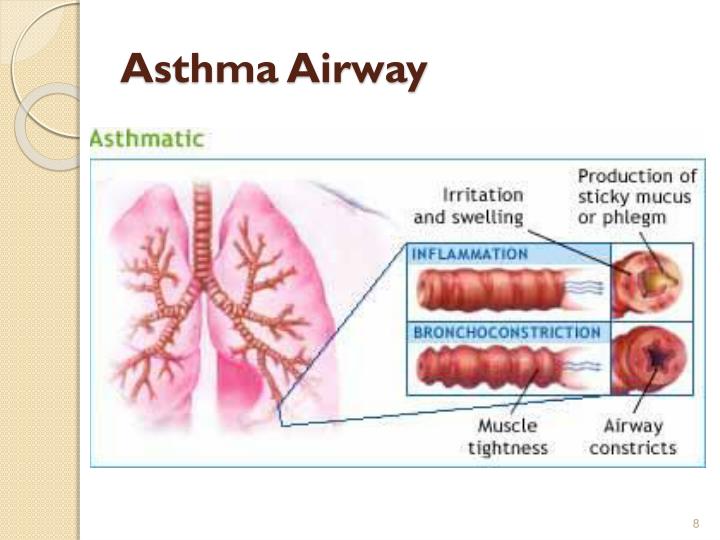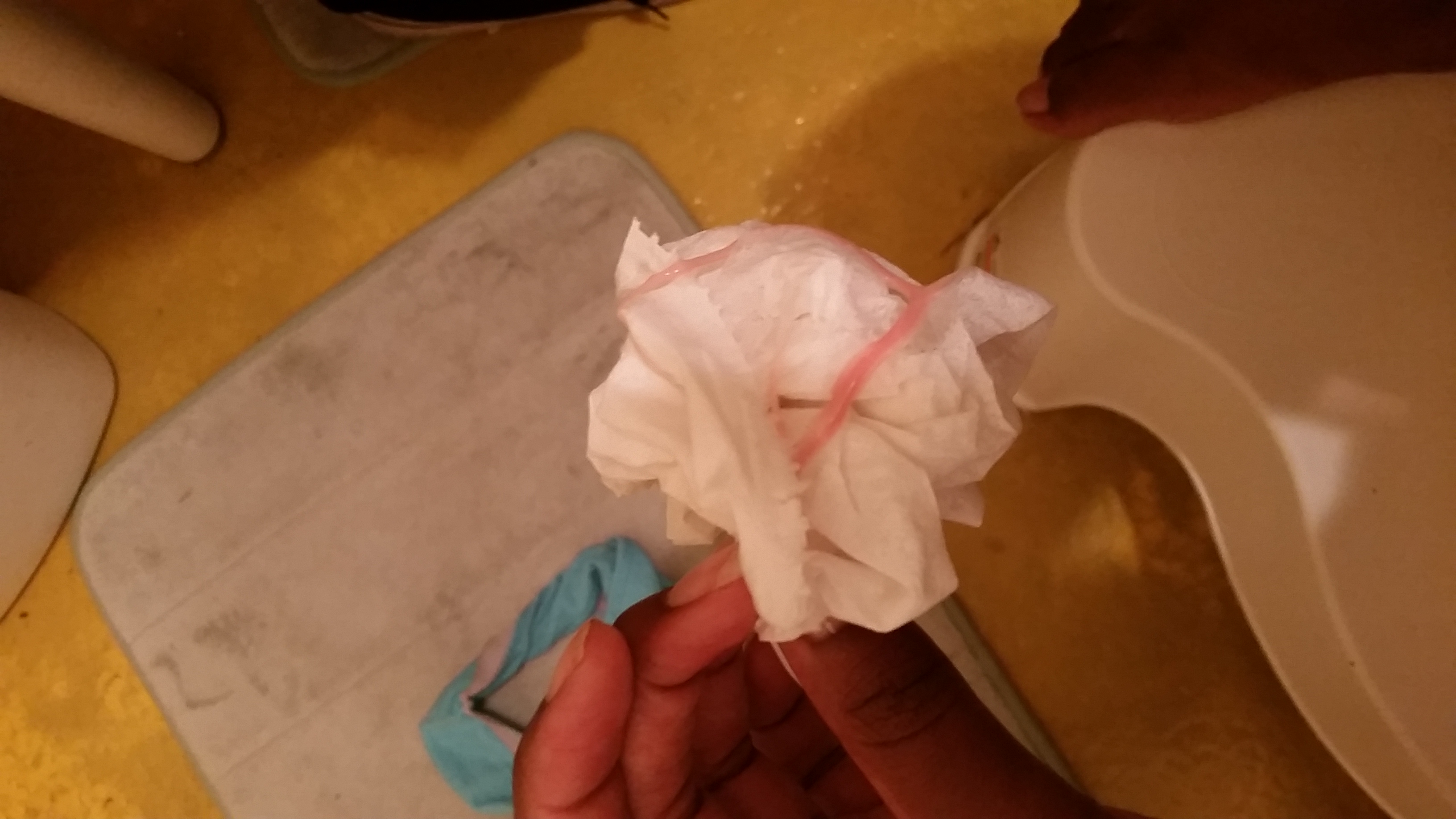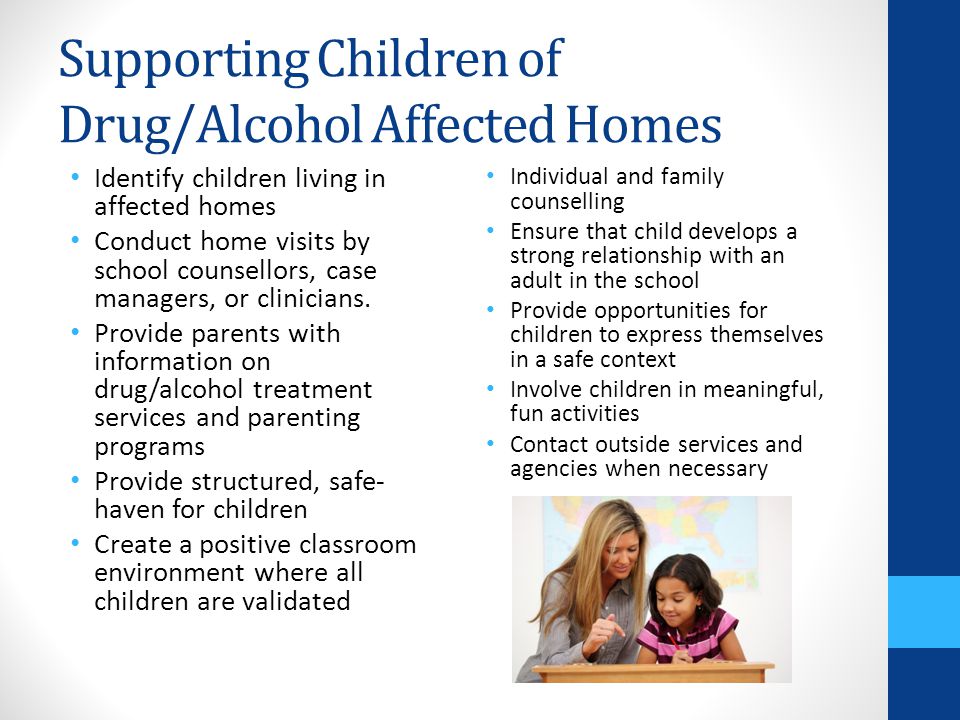5 months pregnant cramping
When Should Cramps During Pregnancy Be Worrisome?
New moms to be may feel a jolt of fear when they experience cramps during pregnancy. You might have it in your head that you’re in the middle of a miscarriage. In reality, most cramping during pregnancy is actually normal and is something that occurs during all three trimesters. It’s important to know why they happen.
Normal Cramps in Early Pregnancy
During your first trimester, you experience cramps as your body prepares for the pregnancy. You may initially experience cramping in your lower abdomen or lower back even before you know you’re pregnant. This is due to implantation, which is the process of the fertilized egg implanting in the uterus. You may feel a small twinge or sharper cramps that may double you over at times. After you know you’re pregnant, cramping is due to your uterus growing and expanding to accommodate your growing baby. It’s perfectly normal and happens to all women. Cramps often feel similar to your normal menstrual cramps. Once you pass your first trimester, you might experience occasional cramping. It’s important to remember that the uterus is a muscle, which means it can contract and cause pain or discomfort. The same can happen when you have gas, constipation, bloating, or even a full bladder.
Normal Cramps in Later Pregnancy
You may experience less cramping in your second trimester compared with your first and third trimesters. Generally, moms who are pregnant with multiple children experience more cramping during the second trimester compared to those who are having a single baby. This typically occurs as the body is making more room to accommodate the babies. In women carrying single babies, this occurs in the third trimester.
Abnormal Cramps During Pregnancy
Any cramping that seems out of the ordinary, such as cramps that feel severe and that don’t go away, should be reported to your doctor. It’s possible that you’re perfectly fine, but it’s important to be absolutely sure just to be safe.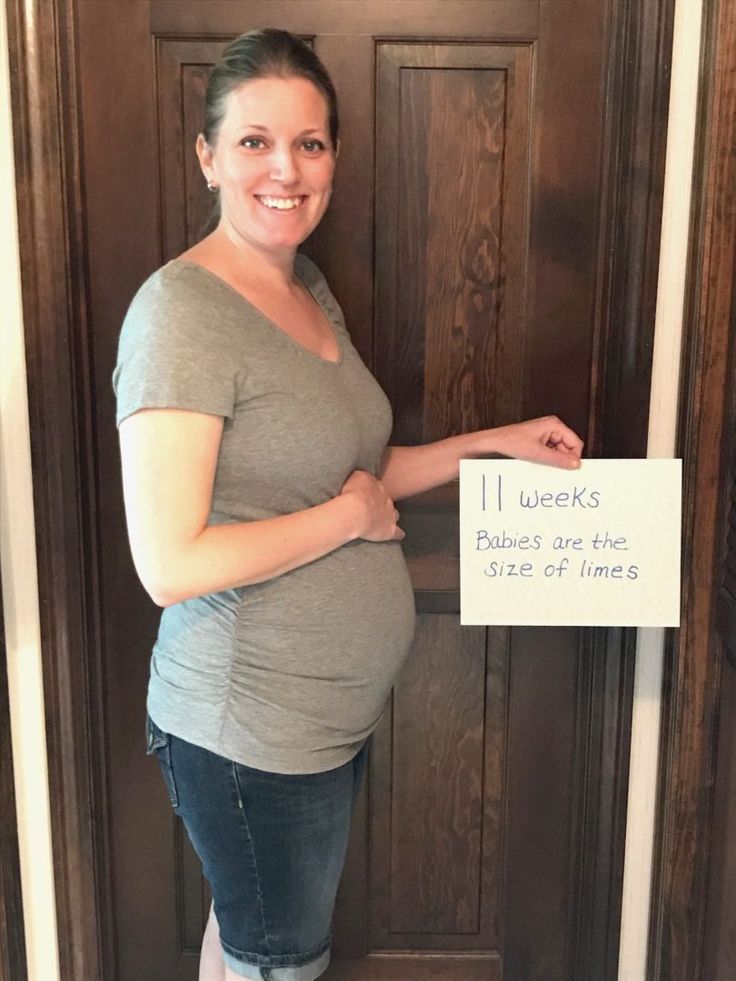 Sometimes, severe cramping can signify an ectopic pregnancy, which occurs when the fertilized egg implants in one of the fallopian tubes instead of the uterus. Ectopic pregnancy is a very serious, dangerous condition that requires immediate surgery as the pregnancy cannot be sustained. It can also threaten the mom’s health if the fallopian tube ruptures. Cramping on one side should also be reported to your doctor as it might mean an ectopic pregnancy. Cramping accompanied by vaginal bleeding should also be immediately reported to the doctor. It might mean you’re experiencing a miscarriage. The doctor can diagnose it or rule it out by ordering an ultrasound or hCG blood test. If you’re concerned about cramps during pregnancy, contact WFMC Health to schedule an in-office or telehealth appointment.
Sometimes, severe cramping can signify an ectopic pregnancy, which occurs when the fertilized egg implants in one of the fallopian tubes instead of the uterus. Ectopic pregnancy is a very serious, dangerous condition that requires immediate surgery as the pregnancy cannot be sustained. It can also threaten the mom’s health if the fallopian tube ruptures. Cramping on one side should also be reported to your doctor as it might mean an ectopic pregnancy. Cramping accompanied by vaginal bleeding should also be immediately reported to the doctor. It might mean you’re experiencing a miscarriage. The doctor can diagnose it or rule it out by ordering an ultrasound or hCG blood test. If you’re concerned about cramps during pregnancy, contact WFMC Health to schedule an in-office or telehealth appointment.
Do you have more questions about pregnancy cramps in Salem Oregon? Talk to our staff at WFMC Health or become a new patient today!
Filed Under: Maternity Health Care
WFMC
The Honeymoon Period, What to Expect
The second trimester of your pregnancy lasts from week 13 to 28, or months 4, 5, and 6. It’s the middle phase of pregnancy, when you may start to see your “baby bump” and feel your baby move for the first time.
It’s the middle phase of pregnancy, when you may start to see your “baby bump” and feel your baby move for the first time.
As you enter your second trimester of pregnancy, the morning sickness and fatigue you may have felt during the last 3 months should fade.
The second trimester is, for many women, the easiest 3 months of pregnancy. Take the time now, while you're feeling better and your energy is up, to start planning for your baby's arrival.
During the second trimester, your baby is growing quickly. Between your 18th and 22nd week of pregnancy you'll have an ultrasound so your doctor can see how your baby is progressing. You also can learn the sex of your baby, unless you'd rather be surprised. And if you’re having twins, you might find that out during this trimester.
Although you should be feeling better now, big changes are still taking place inside your body. Here's what you can expect.
Changes in Your Body
Achiness in your lower abdomen. In your second trimester, you may notice some cramps or aches in your lower belly. Cramps happen because as your uterus expands during pregnancy, it puts pressure on nearby muscles and ligaments. During your second trimester, your round ligament muscle often cramps as it stretches. You feel it as a dull ache in your lower abdomen, but you may also feel sharp stabs of pain. Minor cramps are normal, and may be caused by constipation, gas, or even sex. To relieve the aches, try a warm bath, relaxation exercises, changing your body’s position, or pressing a hot water bottle wrapped in a towel to your lower belly.
In your second trimester, you may notice some cramps or aches in your lower belly. Cramps happen because as your uterus expands during pregnancy, it puts pressure on nearby muscles and ligaments. During your second trimester, your round ligament muscle often cramps as it stretches. You feel it as a dull ache in your lower abdomen, but you may also feel sharp stabs of pain. Minor cramps are normal, and may be caused by constipation, gas, or even sex. To relieve the aches, try a warm bath, relaxation exercises, changing your body’s position, or pressing a hot water bottle wrapped in a towel to your lower belly.
Backache. The extra weight you've gained in the last few months is starting to put pressure on your back, making it achy and sore. To ease the pressure, sit up straight and use a chair that provides good back support. Sleep on your side with a pillow tucked between your legs. Avoid picking up or carrying anything heavy. Wear low-heeled, comfortable shoes with good arch support.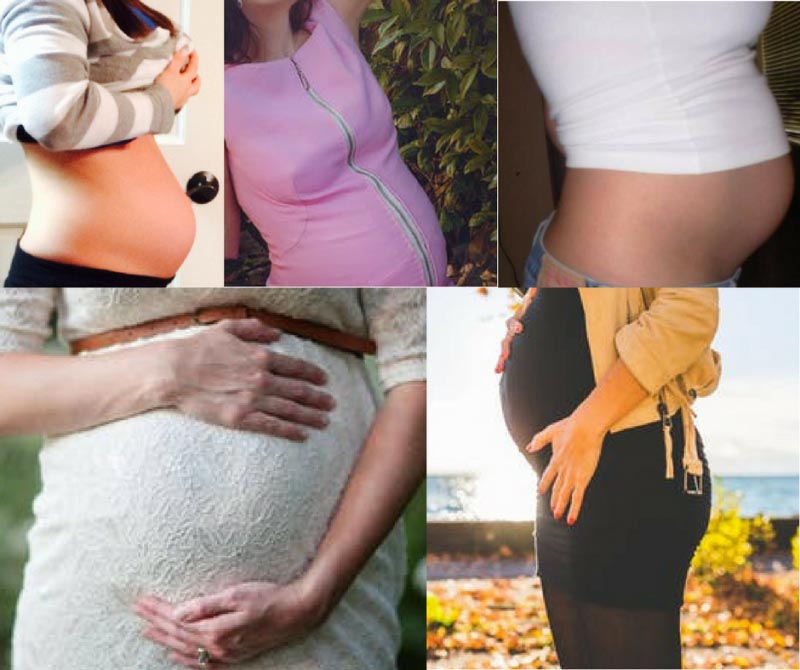 If the pain is really uncomfortable, ask your partner to rub the sore spots, or treat yourself to a pregnancy massage.
If the pain is really uncomfortable, ask your partner to rub the sore spots, or treat yourself to a pregnancy massage.
Bleeding gums. About half of pregnant women develop swollen, tender gums. Hormone changes are sending more blood to your gums, making them more sensitive and causing them to bleed more easily. Your gums should go back to normal after your baby is born. In the meantime, use a softer toothbrush and be gentle when you floss, but don't skimp on dental hygiene. Studies show that pregnant women with gum disease (periodontal disease) may be more likely to go into premature labor and deliver a low-birth-weight baby.
Braxton-Hicks contractions. You may start to feel the muscles in your uterus tighten for a minute or two during the second trimester. These aren’t real contractions or signs of labor, but a normal symptom. They may come and go at random, and may feel irregular in their rhythm and strength. These muscle contractions often cause discomfort more than pain.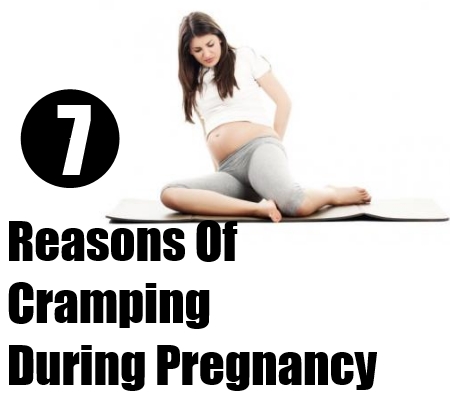 Sex, intense exercise, dehydration, a full bladder, or even someone touching your baby bump can trigger Braxton-Hicks contractions. You can use these contractions to practice your breathing techniques for labor. To help yourself relax, take a warm bath, sip some warm herbal tea, change your body’s position, or drink more water.
Sex, intense exercise, dehydration, a full bladder, or even someone touching your baby bump can trigger Braxton-Hicks contractions. You can use these contractions to practice your breathing techniques for labor. To help yourself relax, take a warm bath, sip some warm herbal tea, change your body’s position, or drink more water.
Breast enlargement. Much of the breast tenderness you experienced during the first trimester should be wearing off, but your breasts are still growing as they prepare to feed your baby. Going up a bra size (or more) and wearing a good support bra can make you feel more comfortable.
Congestion and nosebleeds. Hormonal changes cause the mucus membranes lining your nose to swell, which can lead to a stuffy nose and make you snore at night. These changes may also make your nose bleed more easily. Before using a decongestant, check with your doctor. Saline drops and other natural methods may be safer ways to clear congestion during pregnancy.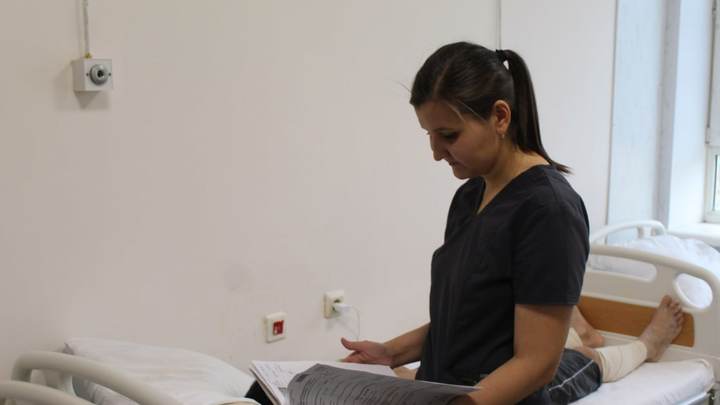 You can also try using a humidifier to keep the air moist. To stop a nosebleed, keep your head up straight (don't tilt it back) and apply pressure to the nostril for a few minutes until the bleeding stops.
You can also try using a humidifier to keep the air moist. To stop a nosebleed, keep your head up straight (don't tilt it back) and apply pressure to the nostril for a few minutes until the bleeding stops.
Discharge. It's normal to see a thin, milky white vaginal discharge (called leukorrhea) early in your pregnancy. You can wear a panty liner if it makes you feel more comfortable, but don't use a tampon because it can introduce germs into the vagina. If the discharge is foul smelling, green or yellow, bloody, or if there's a lot of clear discharge, call your doctor.
Dizziness. As your uterus expands during the second trimester, it presses against blood vessels and causes you to feel dizzy at times. Other causes are low blood sugar or hormone changes during pregnancy. Try not to stand for too long. Rise slowly from chairs or bed. Eat regular meals and snacks. Stay hydrated. Wear loose clothes, avoid hot showers or baths, and try not to lie flat on your back for the rest of your pregnancy. Call your doctor if you feel faint or pass out, or if you also have vaginal bleeding or abdominal pain.
Call your doctor if you feel faint or pass out, or if you also have vaginal bleeding or abdominal pain.
Frequent urination. Your uterus will rise away from the pelvic cavity during the second trimester, giving you a brief break from having to keep going to the bathroom. Don't get too comfortable, though. The urge to go will come back during the last trimester of your pregnancy.
Hair growth. Pregnancy hormones can boost hair growth -- and not always where you want it. The hair on your head will become thicker. You may also be seeing hair in places you never had it before, including your face, arms, and back. Shaving and tweezing might not be the easiest options, but they're probably your safest bets right now. Many experts don't recommend laser hair removal, electrolysis, waxing, or depilatories during pregnancy, because research still hasn't proven that they are safe for the baby. Check to see what your doctor recommends.
Headache. Headaches are one of the most common pregnancy complaints. Try to get plenty of rest, and practice relaxation techniques, such as deep breathing. Aspirin and ibuprofen shouldn’t be taken during pregnancy, but your doctor may say it's OK for you to take acetaminophen if you're really uncomfortable.
Headaches are one of the most common pregnancy complaints. Try to get plenty of rest, and practice relaxation techniques, such as deep breathing. Aspirin and ibuprofen shouldn’t be taken during pregnancy, but your doctor may say it's OK for you to take acetaminophen if you're really uncomfortable.
Heartburn and constipation. These are caused by your body making more of a hormone called progesterone. This hormone relaxes certain muscles, including the ring of muscle in your lower esophagus that normally keeps food and acids down in your stomach, and the ones that move digested food through your intestines. To relieve heartburn, try eating more frequent, smaller meals throughout the day and avoid greasy, spicy, and acidic foods (such as citrus fruits). For constipation, get more fiber and drink extra fluids to keep things moving more smoothly. Physical activity will also help move things along.
Hemorrhoids.Hemorrhoids are actually varicose veins -- swollen blue or purple veins that form around the anus. These veins may enlarge during pregnancy, because extra blood is flowing through them and there is increased pressure on them from the growing uterus. Varicose veins can be itchy and uncomfortable. To relieve them, try sitting in a warm tub or sitz bath. Ask your doctor whether you can use an over-the-counter hemorrhoid ointment.
These veins may enlarge during pregnancy, because extra blood is flowing through them and there is increased pressure on them from the growing uterus. Varicose veins can be itchy and uncomfortable. To relieve them, try sitting in a warm tub or sitz bath. Ask your doctor whether you can use an over-the-counter hemorrhoid ointment.
Leg cramps. You may feel muscles in your legs contract and cramp during the second trimester. This often happens at night. It’s unclear what causes them. To prevent cramps, try to stretch your leg muscles before you go to bed, get regular exercise, eat foods rich in magnesium like beans or whole grains, drink plenty of fluids, get the recommended amount of calcium, and wear comfy shoes. To ease a bout of leg cramps, stretching, ice, heat, or massage may help.
Quickening. By the midpoint of your pregnancy (20 weeks) you will probably have started to feel the first delicate flutters of movement in your abdomen, which is often called "quickening.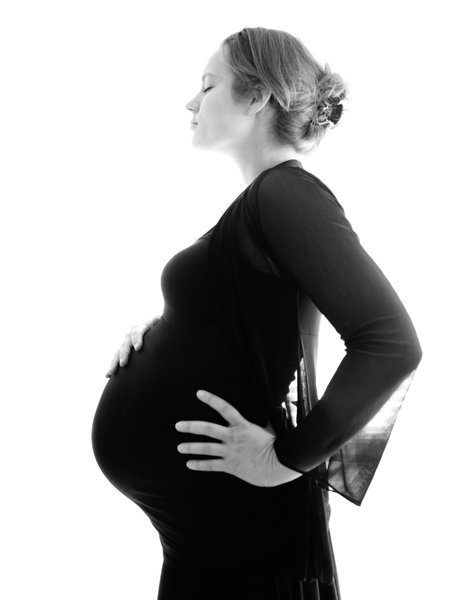 " If you aren't feeling your baby move yet, don't worry. Some women don't experience quickening until their sixth month of pregnancy.
" If you aren't feeling your baby move yet, don't worry. Some women don't experience quickening until their sixth month of pregnancy.
Skin changes. Pregnant women often look as though they are "glowing" because changing hormone levels make the skin on the face appear flushed. An increase in the pigment melanin can also lead to brown marks on the face (often called the "mask of pregnancy") and a dark line (linea nigra) down the middle of the abdomen. All of these skin changes should fade after the baby is born. In the meantime, you can use makeup to conceal them. Your skin is also more sensitive to the sun right now, so make sure to wear a broad-spectrum (UVA/UVB protection) sunscreen with an SPF of at least 30 whenever you go outside. Limit your time in the sun, especially between 10 a.m. and 2 p.m., wearing long-sleeved clothes, pants, a broad-brimmed hat, and sunglasses. You may also notice thin, reddish-purple lines on your abdomen, breasts, or thighs. These stretch marks emerge as your skin expands to accommodate your growing belly. Although many creams and lotions claim to prevent or eliminate stretch marks, there is little evidence that they actually do. Using a moisturizer can help soften your skin and reduce itchiness. Most stretch marks should fade on their own after you deliver.
Although many creams and lotions claim to prevent or eliminate stretch marks, there is little evidence that they actually do. Using a moisturizer can help soften your skin and reduce itchiness. Most stretch marks should fade on their own after you deliver.
Spider and varicose veins. Your circulation has increased to send extra blood to your growing baby. That excess blood flow can cause tiny red veins, known as spider veins, to appear on your skin. These veins should eventually fade once your baby is born. Pressure on your legs from your growing baby can also slow blood flow to your lower body, causing the veins in your legs to become swollen and blue or purple. These are called varicose veins. Although there's no way to avoid varicose veins, you can prevent them from getting worse by getting up and moving throughout the day and propping up your legs on a stool whenever you have to sit for long periods of time. Wear support hose for extra support. Varicose veins should improve within 3 months after you deliver.
Urinary tract infections. Bacterial infections in your urinary tract or bladder, which sits on top of your uterus, are common in the second trimester. They’re caused by changes in your urinary tract or your growing uterus making it harder to empty your bladder. You may have symptoms like pain or burning when you pee, a frequent urge to pee, cloudy or smelly urine, pain during sex, lower belly pain, or traces of blood or mucus in your urine. Bladder infections can spread to your kidneys and cause early labor or low-weight babies, so see your doctor right away. They’ll give you a urinalysis and urine culture to diagnose the infection, and prescribe antibiotics to treat it.
Weight gain.Morning sickness usually diminishes by the end of the first trimester. After that, your appetite should return, and will probably grow. Although food is looking much more appetizing, be aware of how much you're eating. You only need about an extra 300 to 500 calories a day during the second trimester, and you should be gaining about 1/2 to 1 pound a week.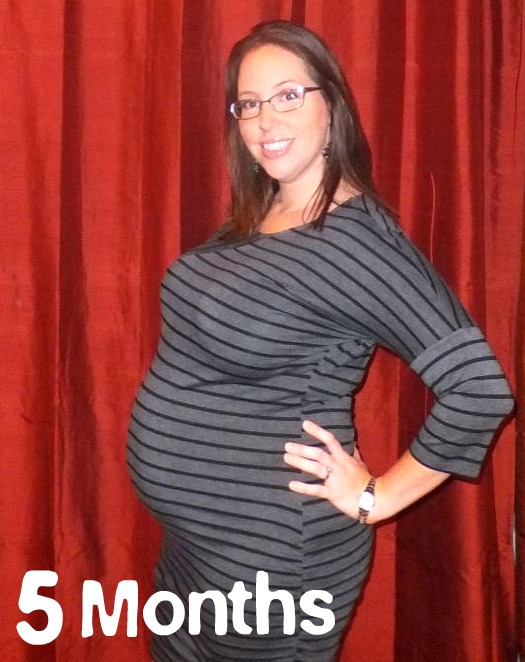
Emergency Symptoms
Any of these symptoms could be a sign that something is wrong with your pregnancy. Don't wait for your prenatal visit to talk about it. Call your doctor right away if you have:
- Severe abdominal pain or cramping
- Bleeding
- Severe dizziness
- Rapid weight gain (more than 6.5 pounds per month) or too little weight gain (less than 10 pounds at 20 weeks into the pregnancy)
- Jaundice
- Vomiting
- A lot of sweating
Baby’s Growth in the Second Trimester
During your second trimester, your baby grows up to 3 pounds in weight and up to 16 inches in length. Their brain and other organs grow and develop a great deal. Their heart moves 100 pints of blood a day. Their lungs are fully formed but not quite ready to breathe. And your baby can kick, move, turn around in your womb, swallow, suck, and hear your voice.
Your baby’s eyes and ears move into the correct positions on its head. Their eyelids can open and shut. The baby sleeps and wakes up in a normal cycle. They grow eyelashes and eyebrows.
The baby sleeps and wakes up in a normal cycle. They grow eyelashes and eyebrows.
Your baby grows fingernails and toenails. The tiny fingers and toes separate. They develop distinct fingerprints and toe prints.
Hair grows on your baby’s head. They also sprout downy, fine hair all over called the lanugo. Their body is encased in a creamy, white, protective coating called the vernix caseosa, which is eventually absorbed into their skin.
Your baby’s placenta is also fully developed by this time. The placenta is an organ that gives your fetus oxygen and nutrients. It also removes waste. In the second trimester, your fetus also begins to build up fat on its body.
Second Trimester Tips for Twins
Carrying two? Here are some things to think about:
- Choose a doctor. Ask your OB about seeing a maternal fetal medicine (MFM) specialist, an OB who specializes in high-risk births.
- Go ahead -- nap!Don't feel guilty about taking a nap if you're tired.
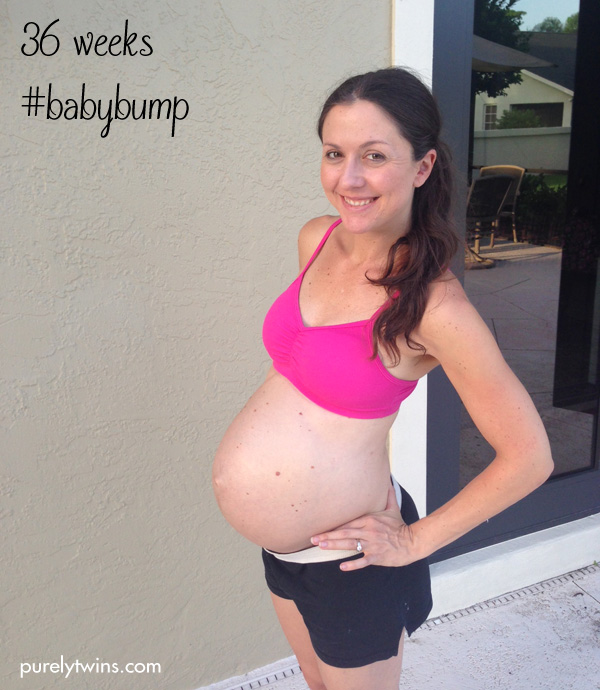 Even when resting, you're using 10% more energy than a woman carrying a single baby!
Even when resting, you're using 10% more energy than a woman carrying a single baby! - Get your omega-3s. Getting enough omega-3 fatty acids is especially important when you're having twins. Like fish? Get omegas-3s from salmon, herring, sardines, and trout.
- Getting enough vitamins?Ask your doctor if a prenatal vitamin alone gives you all you need since you're carrying two.
- Don't double everything. Before you buy two of every baby gadget, wait and see what your babies like. Some babies enjoy swings and bouncy seats, and others don’t. You also won’t need an extra crib -- at least not at first. Your babies may sleep better when they're together.
- Eat for three. You need about 500 extra calories a day -- about as much as in two bowls of cereal with low-fat milk and a banana.
- Cut back on exercise? After 20 or 24 weeks, ask your doctor if you need to cut back on any types of exercise and, if so, what's still safe to do.
- Look into a breast pump. If your twins spend any time in the NICU, you may need to pump your milk at first. Having a pump ready will make this easier.
- Create a birth plan. This will let your birth team know your labor and delivery wishes. Just try to stay flexible if things don't go exactly as planned.
- Don't wait to find child care. The best caregivers and centers often have a waiting list. Start looking for child care early, especially since you'll need two slots instead of one.
Reduces legs during pregnancy: what to do?
Pregnancy is a time of waiting and doubts. Probably, women never have so many questions. Why does it bring her legs together so often? What to do if you wake up with cramps at night? How to deal with this scourge and avoid bouts of pain in the legs? We are looking for answers to these and other questions.
What are seizures?
Legs cramps not only during pregnancy, from time to time every person faces unpleasant painful cramps. A cramp is a sudden, uncontrollable muscle contraction that a person cannot relax. This condition can be caused by neurological disorders (for example, seizures are characteristic of epilepsy), a number of diseases (such as diabetes mellitus, osteochondrosis, and others), and can also be associated with physiological conditions. After all, convulsions occur, for example, after a strong overload, dehydration, hypothermia, etc. Sometimes cramps cause severe sharp pain. Sometimes it seems that the legs are pulling. During pregnancy, this condition, unfortunately, is noted quite regularly.
A cramp is a sudden, uncontrollable muscle contraction that a person cannot relax. This condition can be caused by neurological disorders (for example, seizures are characteristic of epilepsy), a number of diseases (such as diabetes mellitus, osteochondrosis, and others), and can also be associated with physiological conditions. After all, convulsions occur, for example, after a strong overload, dehydration, hypothermia, etc. Sometimes cramps cause severe sharp pain. Sometimes it seems that the legs are pulling. During pregnancy, this condition, unfortunately, is noted quite regularly.
Why do pregnant women cramp their legs?
The mechanism of muscle contraction is quite complex, it involves different ions (charged particles): potassium, calcium, sodium and magnesium. If we are talking about a cramp, that is, a condition when we cannot relax a muscle, then magnesium ions play a leading role here. It is their lack that leads to the fact that women cramp their calves during pregnancy at night.
The lack of minerals in the body of the expectant mother is simply explained: such consequences are the restructuring of metabolism and functioning in the "double load" mode. In particular, the expectant mother needs one and a half times more magnesium than usual.
In addition to helping muscles relax, magnesium is also involved in a number of important physiological processes. In particular, magnesium is needed to regulate the processes of formation and expenditure of energy, it is involved in several hundred enzymatic reactions, and if there is little magnesium, then disturbances can occur in the work of almost any body system. Therefore, if magnesium preparations are prescribed during pregnancy, this recommendation should not be ignored.
Why do pregnant women cramp their legs at night?
The answer to this question is very simple. The fact is that during the day the body of the expectant mother bears an increased load. And the longer the gestation period, the greater this load. Violation of blood circulation, increased stress on the muscles - all this can cause night cramps.
Violation of blood circulation, increased stress on the muscles - all this can cause night cramps.
What should I do if my legs cramp during pregnancy?
To begin with, tell the doctor you are seeing about this. The magnesium preparations already mentioned, which he most likely recommends to you, can help solve the problem.
However, the reason that the expectant mother cramps her legs during pregnancy may be not only a metabolic disorder. Often muscle spasms begin as a result of varicose veins - the "faithful" companion of pregnancy. The veins of a woman carrying a baby are subject to increased stress. In addition, hormonal changes in the body seriously affect the state of blood vessels. All this contributes to the development of varicose veins. And a violation of the blood supply to the muscles of the legs, in turn, leads to convulsions.
If the expectant mother is faced with varicose veins, then the best prevention of its progression is to wear compression stockings selected by the doctor in accordance with the gestational age. You also need to give birth in stockings, so that during a particularly intense load on the veins to avoid worsening their condition.
You also need to give birth in stockings, so that during a particularly intense load on the veins to avoid worsening their condition.
It is important to remember that any discomfort in the well-being of a pregnant woman must be discussed with the doctor who is seeing the expectant mother. Even if the legs cramp infrequently, what to do during pregnancy should be determined by a specialist. This is the only way to avoid serious problems and ensure the health and comfort of both mother and child.
Leg cramps in pregnant women: causes, symptoms and first aid
Number of views: 96 180
Leg cramps in pregnant women: how to deal with this problem? First of all, you need to try to determine the cause.
Symptoms of leg cramps during pregnancy
Leg cramps are a painful contraction (spasm) of the calf muscles. The pain comes on suddenly and seems to permeate the whole body. Depending on the cause, leg cramps in pregnant women can occur at any time of the day.
Leg cramps in pregnant women: the main causes
The occurrence of leg cramps during pregnancy is most often associated with the following reasons:
Deficiency of these elements can be caused by:
- in the first trimester - frequent vomiting associated with toxicosis, as a result of which the body loses a large number of trace elements;
- in the second trimester - an increased need for a large amount of mineral salts due to the active growth of the unborn baby to form his skeletal system;
- excretion in the urine as a result of diuretics not agreed with the doctor;
- unbalanced diet.
2. Anemia
Anemia can lead to a lack of oxygen supply needed by the muscles. This can cause leg cramps in pregnant women.
Characteristically, convulsions associated with anemia or a lack of certain trace elements occur at any time of the day.
3. Stagnation of blood circulation associated with low mobility
Seizures can be provoked by being in an uncomfortable static position for a long time.
4. Varicose veins
As a result of stagnation of blood in the veins, cramps in the calf muscles may appear. They usually occur at rest: in the evening before bedtime or at night.
5. Reduce blood glucose
Glucose is the body's most important source of energy. A drop in this indicator entails energy starvation of the body, which can provoke leg cramps in pregnant women.
Convulsions associated with this cause are more likely to occur at night or in the early morning.
6. Inferior vena cava syndrome
From the second half of pregnancy, the growing uterus can compress the inferior vena cava, which leads to stagnation of blood in the lower extremities, the development of edema, and as a result, seizures. It is characteristic that leg cramps in pregnant women occur when lying on the back or on the right side.
7. Hypothermia
Cold leads to vasoconstriction, thereby causing calf cramps.
8. Dehydration
First aid for cramps
How can you help yourself during a cramp?
- Elevate the leg if possible, slowly but firmly pull the big toe towards you, or pull the whole foot towards you
- Try to breathe deeply and calmly while doing this.

- Helps kneading massage of the calf muscle to warm it up. Involve your loving husband. You can use massage balls or a hand massager. You can press your index finger into the center of the calf muscle for at least 20 seconds
- Pinching and stabbing the calf muscle helps to take your mind off the pain
- You can try a hot shower or heating pad
- After an attack, you can put on stockings or leggings (preferably pre-warmed) to keep the muscles warm and relax better
- Walking barefoot slowly can help, which improves blood circulation in the muscles of the legs
Treating seizures in pregnancy
Be sure to tell your gynecologist if you experience seizures. To identify the cause of this pathology, the doctor may prescribe additional laboratory tests, as well as examinations by narrow specialists.
Read in the online magazine: "The best doctors according to mothers: voting results"
If necessary, the doctor will prescribe medication, multivitamins for expectant mothers or additional intake of calcium and magnesium supplements.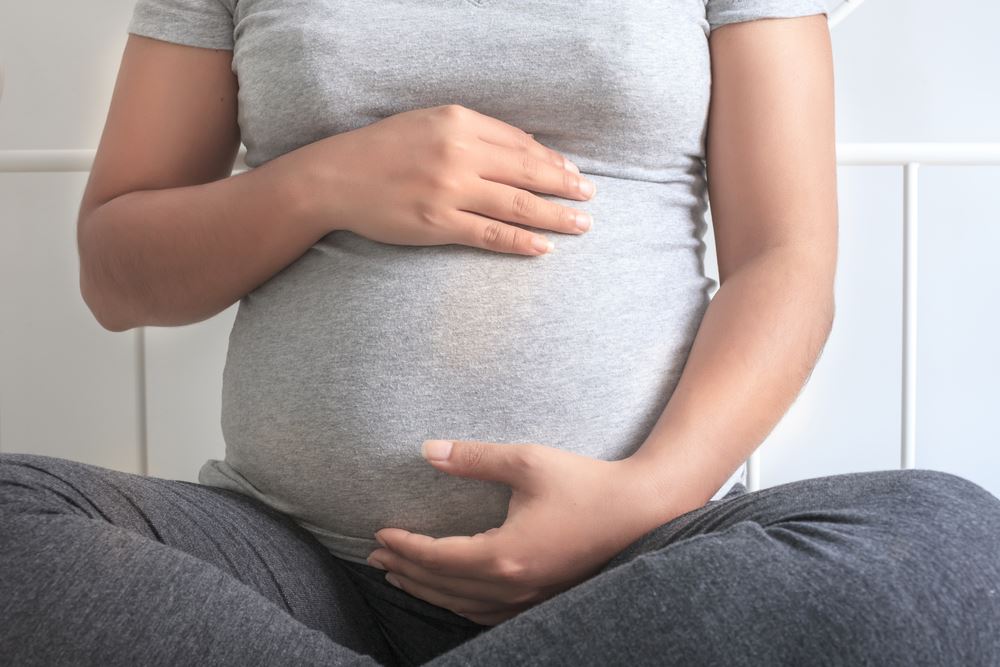 Additional intake of calcium preparations should be agreed with the doctor and stopped after 35 weeks of pregnancy. Never “prescribe” vitamins and supplements to yourself without consulting a doctor!
Additional intake of calcium preparations should be agreed with the doctor and stopped after 35 weeks of pregnancy. Never “prescribe” vitamins and supplements to yourself without consulting a doctor!
If the level of glucose in the blood is low, the endocrinologist prescribes drugs to normalize this indicator.
In case of varicose veins, doctors prescribe wearing special compression underwear (socks, stockings or tights) to normalize vascular tone, restore blood flow, relieve swelling, which significantly reduces the risk of seizures. It is very important to choose the right size and degree of compression of prophylactic underwear.
Leg cramps in pregnancy: prevention
The following rules will help the expectant mother to avoid pain caused by cramps:
1. Proper balanced nutrition
- There should be 5-6 small meals per day
- Prefer complex carbohydrates (cereals, durum wheat pasta, fruits and vegetables), try to limit the use of "light" carbohydrates (sweets, starchy foods)
- Include in your diet plenty of foods rich in calcium (low-fat dairy products and milk, nuts, eggs, various types of cabbage), magnesium (nuts, seeds, legumes, fish, chicken, broccoli, carrots, spinach, raisins), potassium (bananas , potatoes, salmon, tomatoes, dried apricots, raisins, spinach, oranges, lean beef), B vitamins (dairy products, walnuts, red fish).
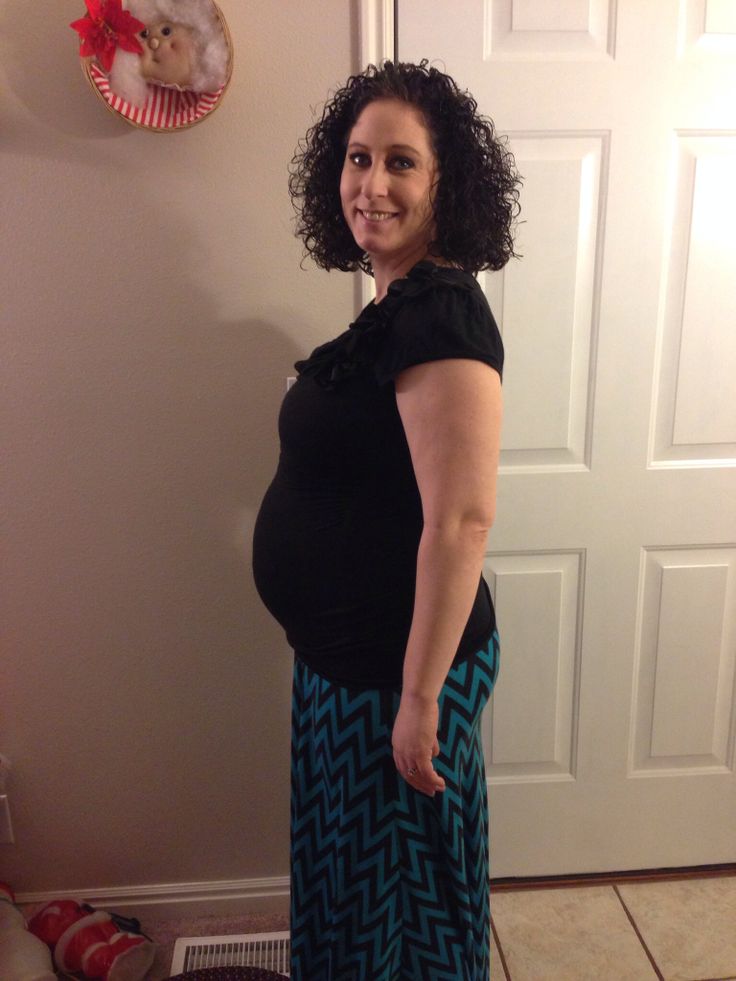
2. Reasonable physical activity
Reasonable and dosed physical activity will help improve blood circulation and prevent venous congestion. An excellent remedy for the prevention of seizures is the pool.
3. Proper footwear
Avoid uncomfortable, tight shoes and high heels. Wearing such shoes can lead to excessive stress on the foot and adversely affect the circulation of the legs.
4. Rest and foot massage
At the end of the day, try to lie down with your legs elevated. Do a light foot massage in the direction from the foot to the knee (you can use special refreshing creams).
An excellent option for relieving fatigue and swelling of the legs - contrast or tonic baths.
5. Avoid hypothermia
If your body is prone to hypothermia, wear warm socks for a night's sleep.
Following these simple recommendations, your legs will be "calm"!
MamExpert recommends: Courses for pregnant women "Intensive 2.
